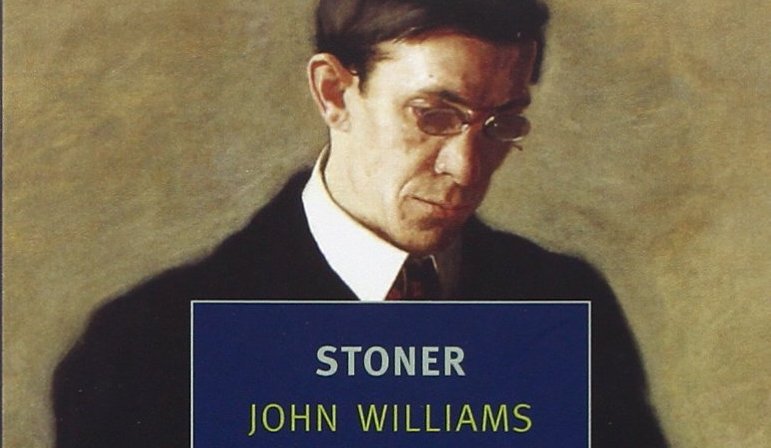If at first you don’t succeed, you should change your approach. Despite how the Supreme Court rules on Windsor, marriage advocates have been losing cultural headway, particularly among “Millennials,” since 2004. While a legal fight defending religious freedom and liberty of conscience in a post Windsor world is necessary, marriage advocates need to do more than fight rearguard actions. The question is how?
Marriage advocacy must advance in a way that influences culture directly. Influencing culture is more than a matter of rational argument and policy discussion. Better arguments from natural law, while essential and helpful, are unlikely to turn the tide of opinion because people are not convinced rationally in the first place (despite what marriage revisionists may suggest with a “bring it on” posture, begging conservatives to give them “one rational” argument to defend what they believe). Television, songs, friends, and personal experience shape what people believe about love and marriage far more than intellectual argumentation. In short, unconscious influences shape culture in the form of social and personal narratives and emotion. Defending marriage in the long-run is less about winning a debate than changing people’s aspirations.
Marriage revisionists understand this all too well, and are reaping the benefits of having spent years building up emotional and rhetorical advantages on the issue.
Yet some conservatives seem to operate with rationalist expectations for how people process emotionally charged issues like redefining marriage. The problem is not: “How can we marshal more facts, tighter logic, and make more sense than the other side?” The common sense definition of marriage as a heterosexual union that Christians and other marriage advocates relied on just a generation ago has been transformed. The problem is: “How do we transform common sense?”
The John Jay Institute published You’ve Been Framed: A New Primer for the Marriage Debate last week. The document applies research from cognitive science and narrative theory to equip marriage advocates with the frameworks and tools to transform common sense and counter the messages of marriage revisionists. Transforming common sense requires understanding emotion to invoke narratives and tell stories with new metaphors and memes that take root in people’s minds, slowly changing what inspires them, changing what they aspire to, and transforming what they value.
Moral judgment is more than a dispassionate assessment of rights, harms, and justice.
Login to read more
Sign in or create a free account to access Subscriber-only content.

